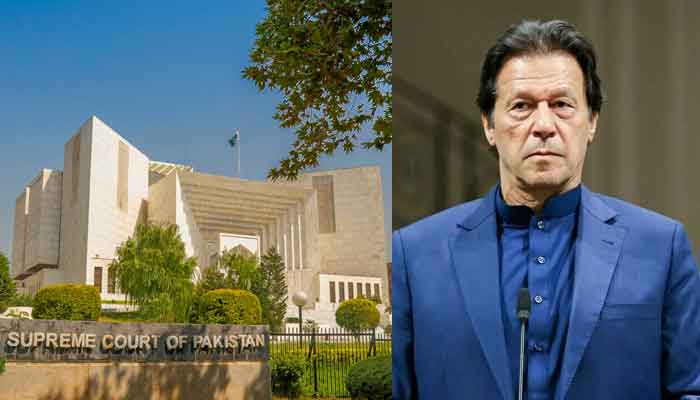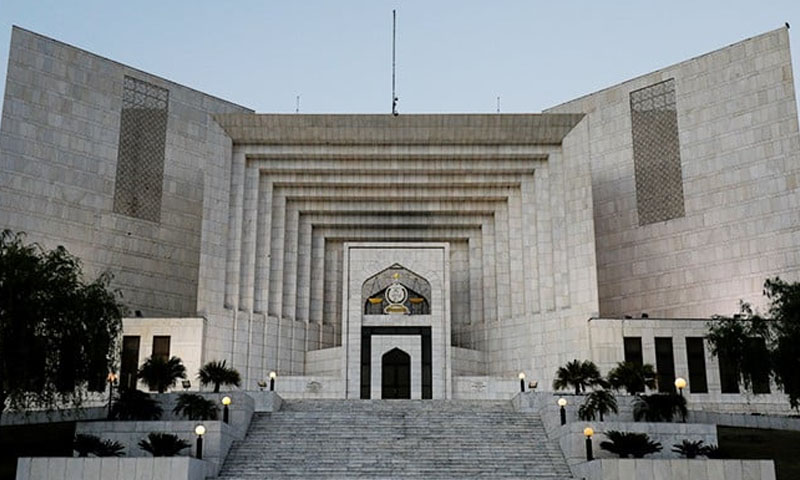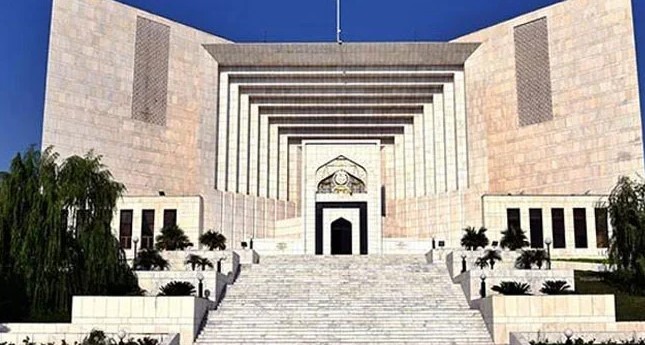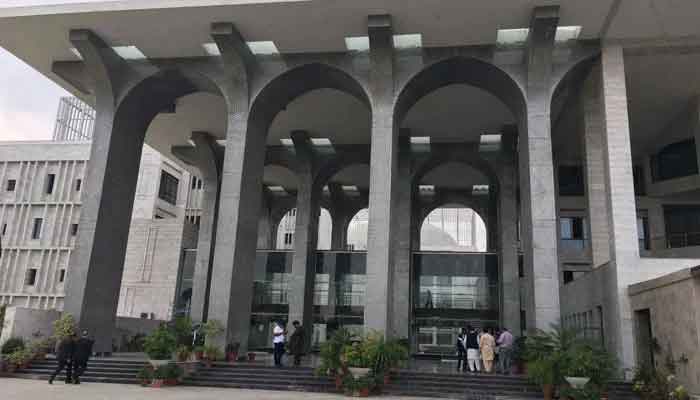LEGAL

The Supreme Court of Pakistan has released a detailed decision affirming the NAB amendments, overturning the earlier invalidation of these changes. The court’s judgment, authored by Chief Justice Qazi Faiz Isa, states that the amendments were initially designed by PTI founder Imran Khan and found that the objections to these amendments were not sufficiently proven.
In its ruling, the Supreme Court allowed the intra-court appeals filed by the federal and provincial governments, reversing the previous decision that invalidated the NAB amendments. The court’s 16-page judgment clarified that the amendments were constitutional, rejecting arguments that they violated fundamental rights.
The judgment elaborates on the historical context, noting that the NAB law was introduced shortly after General Pervez Musharraf seized power. The court criticized Musharraf’s use of legislation for political purposes, highlighting that the NAB law was used for political revenge rather than addressing corruption.
The court also addressed procedural concerns, stating that the Practice and Procedure Act, which was enacted five months before the NAB amendments petition was decided, was suspended. This suspension delayed hearings and affected the consideration of the amendments.
The Supreme Court’s judgment noted that three amendments were made to the NAB Act: one on June 22, 2022; another on August 22, 2022; and a third on May 29, 2023. The court did not review the third amendment in detail, emphasizing that legislative interpretations should favor the law unless proven unconstitutional.
Chief Justice Isa's detailed decision criticized the petitions challenging the amendments as insufficiently substantiated. The court found that Imran Khan and his legal team did not convincingly demonstrate how the amendments conflicted with fundamental rights or constitutional principles.
The Supreme Court emphasized that the function of Parliament is to enact legislation, and unless a law is declared unconstitutional, it should be respected. The decision affirmed that the judiciary must adhere to the Constitution and the law, and the majority of the three-member bench did not find grounds to invalidate the NAB amendments based on the presented criteria.




